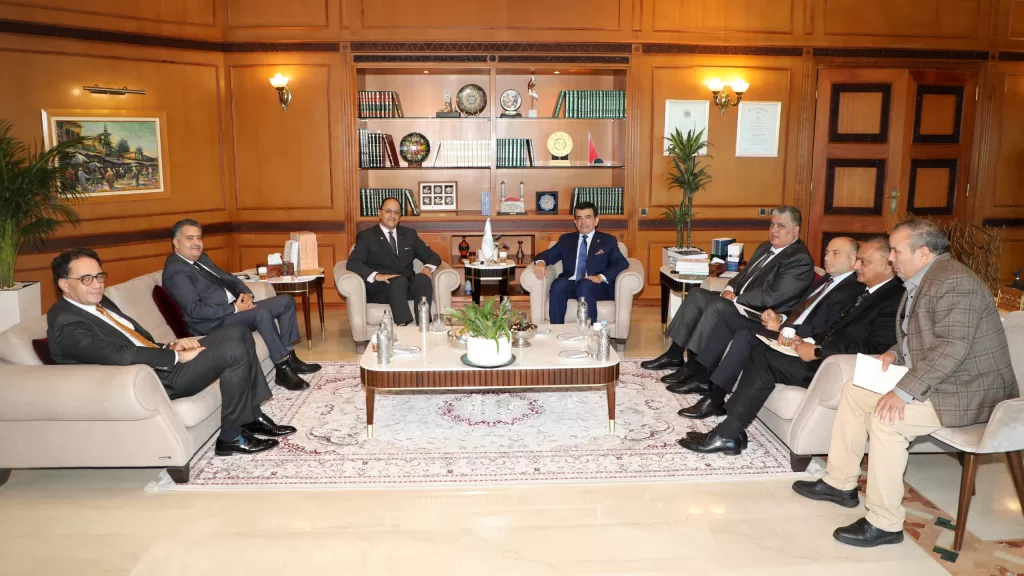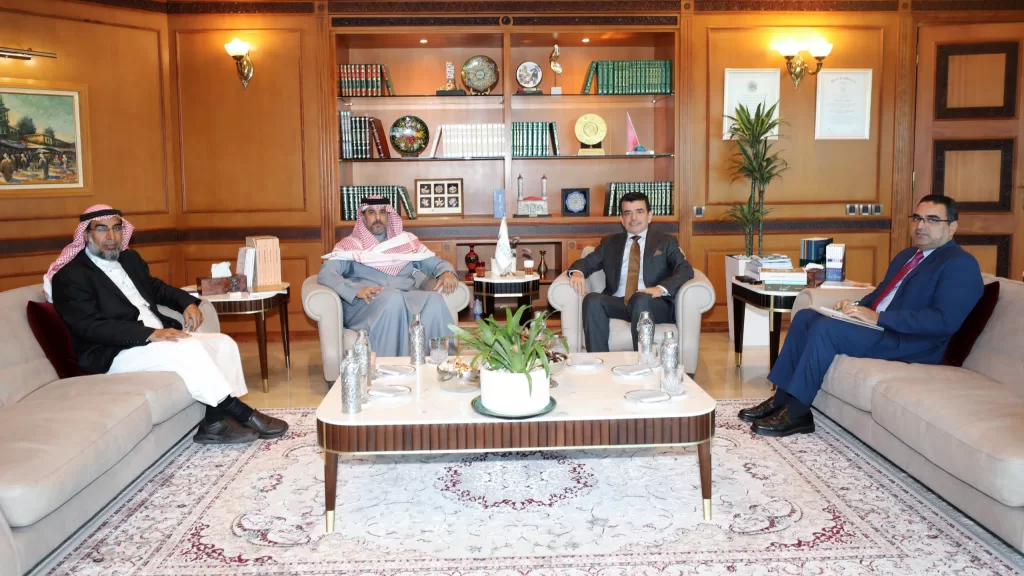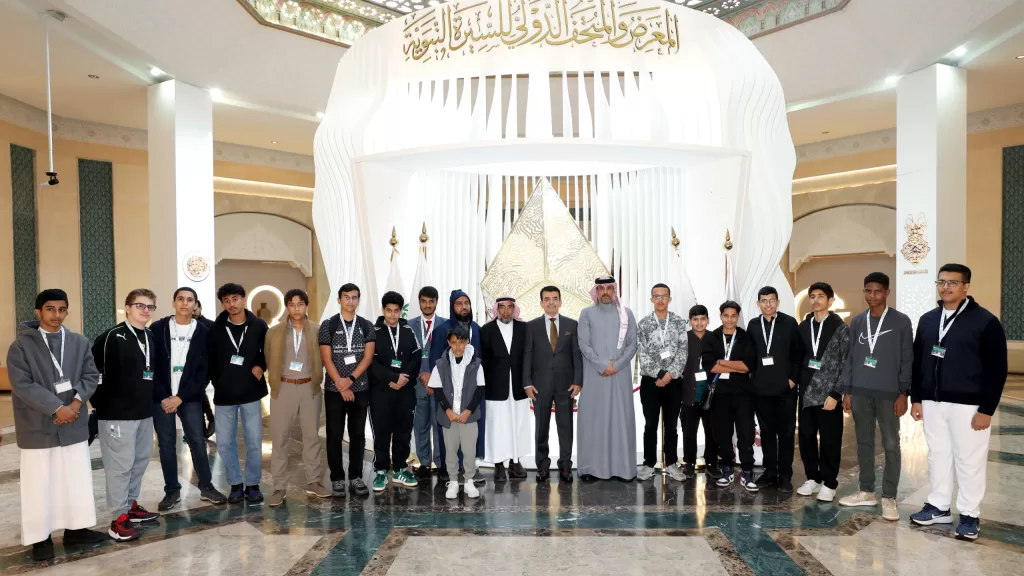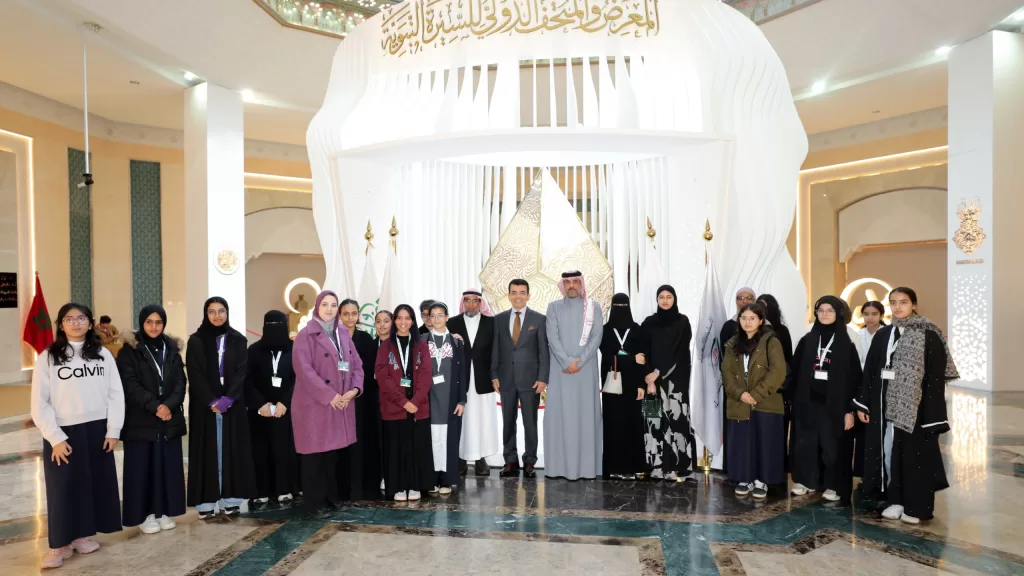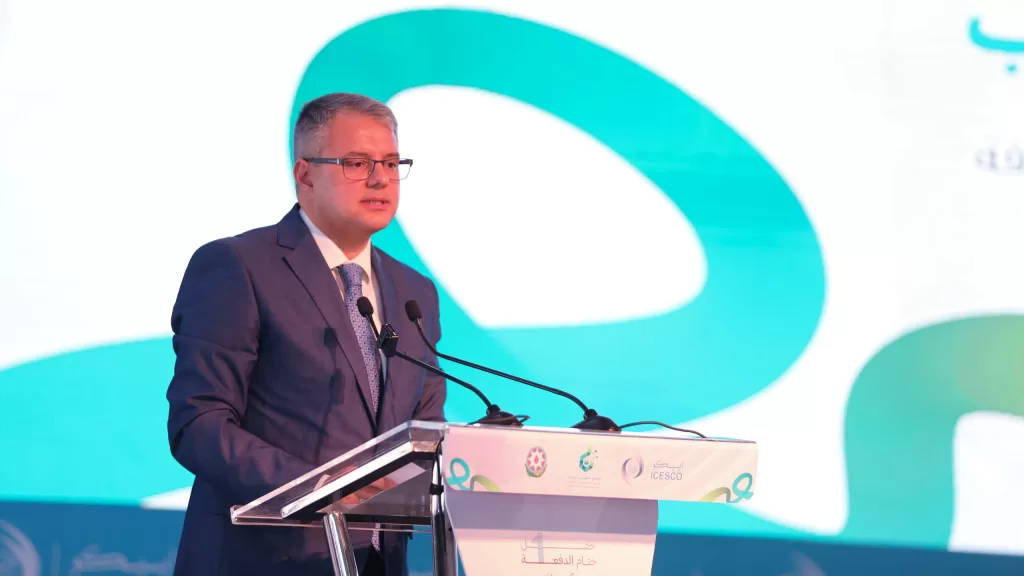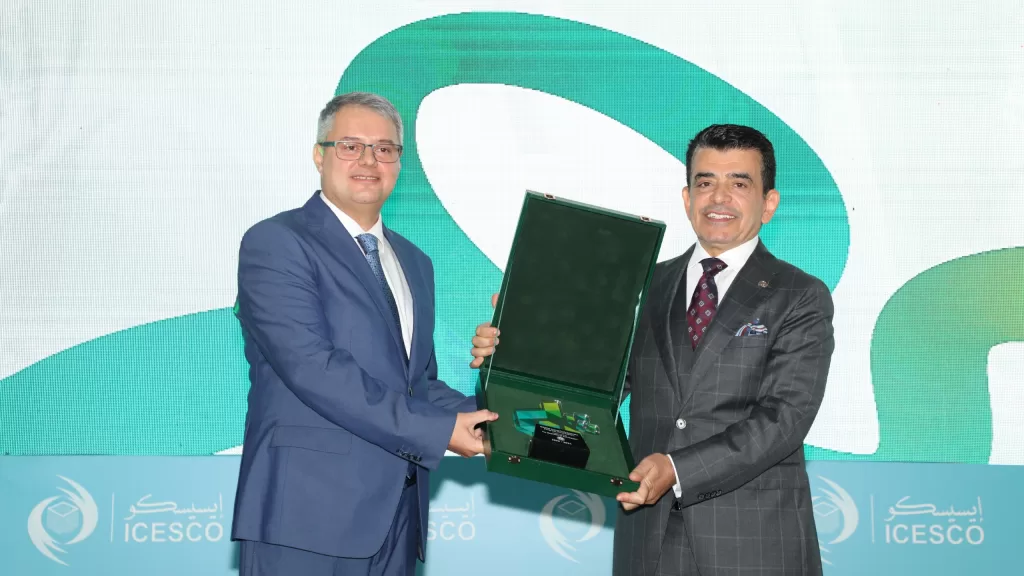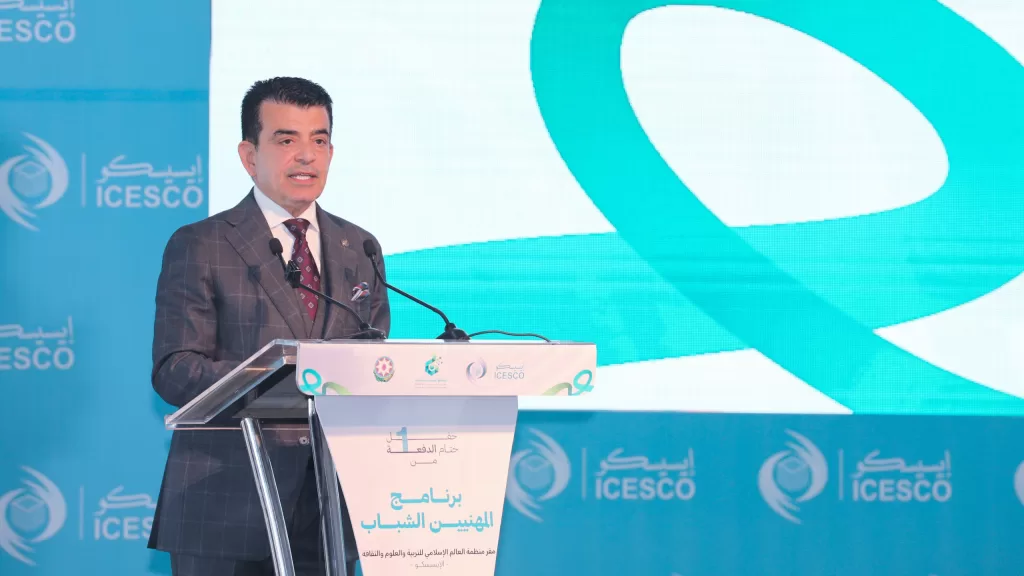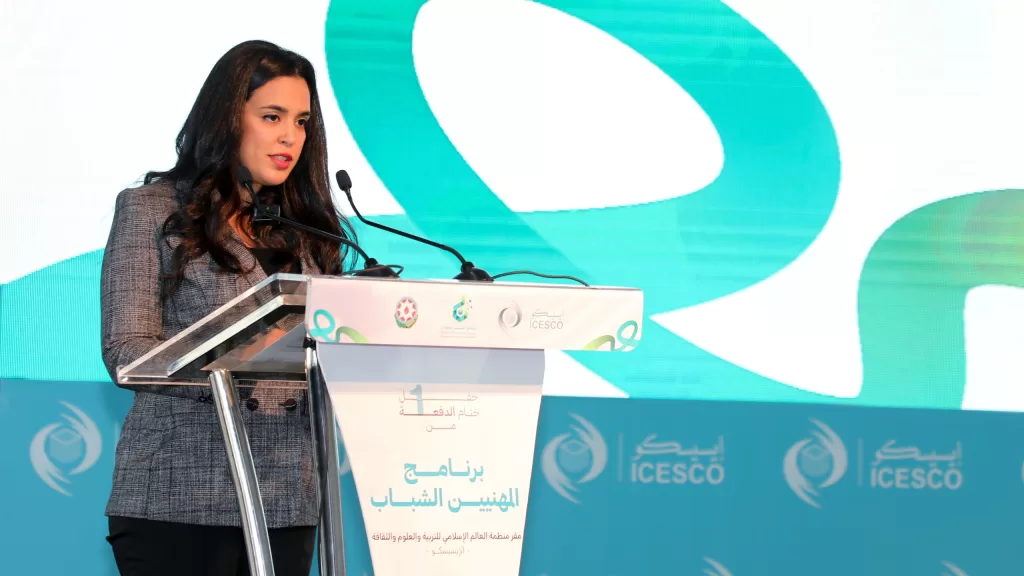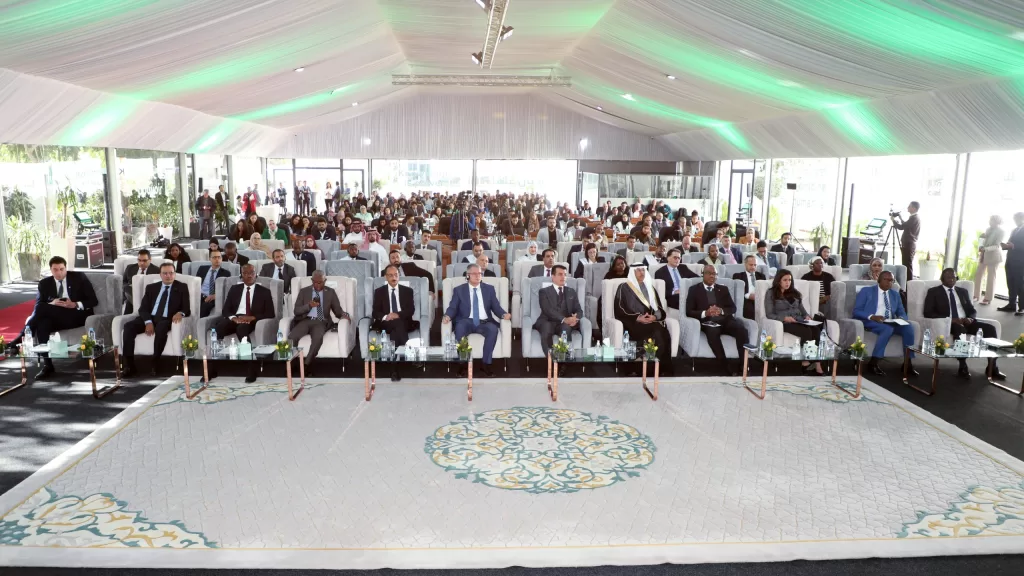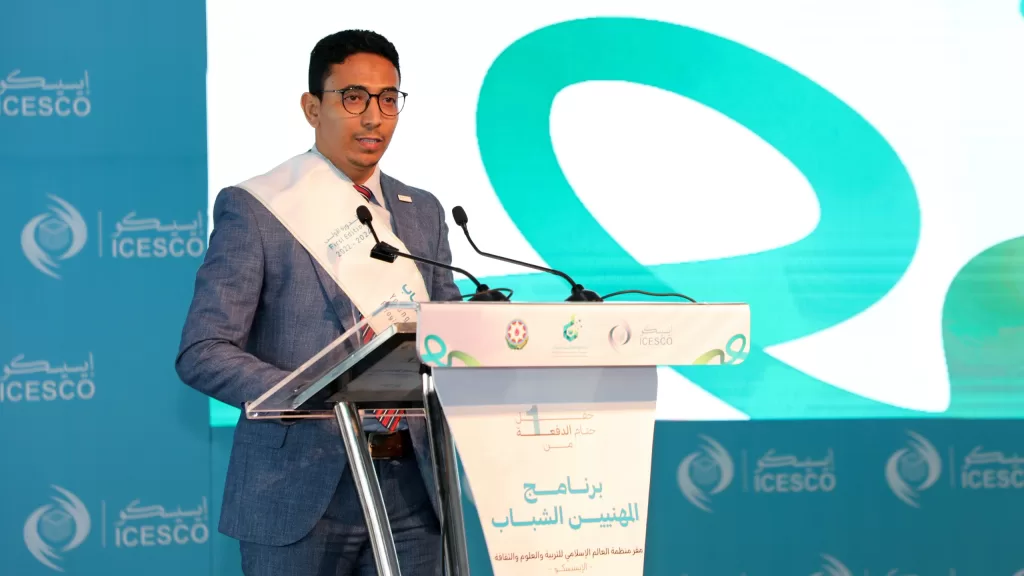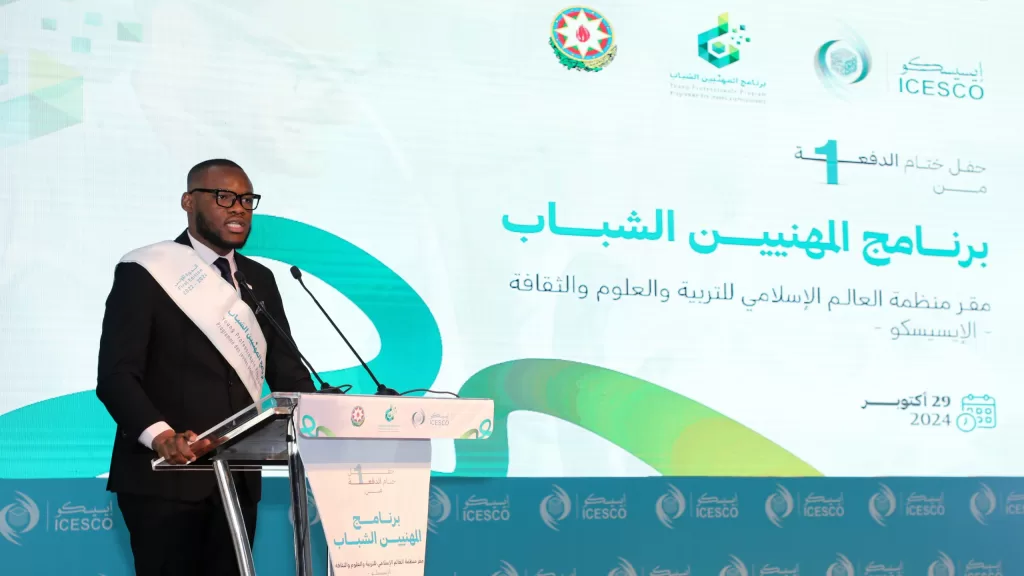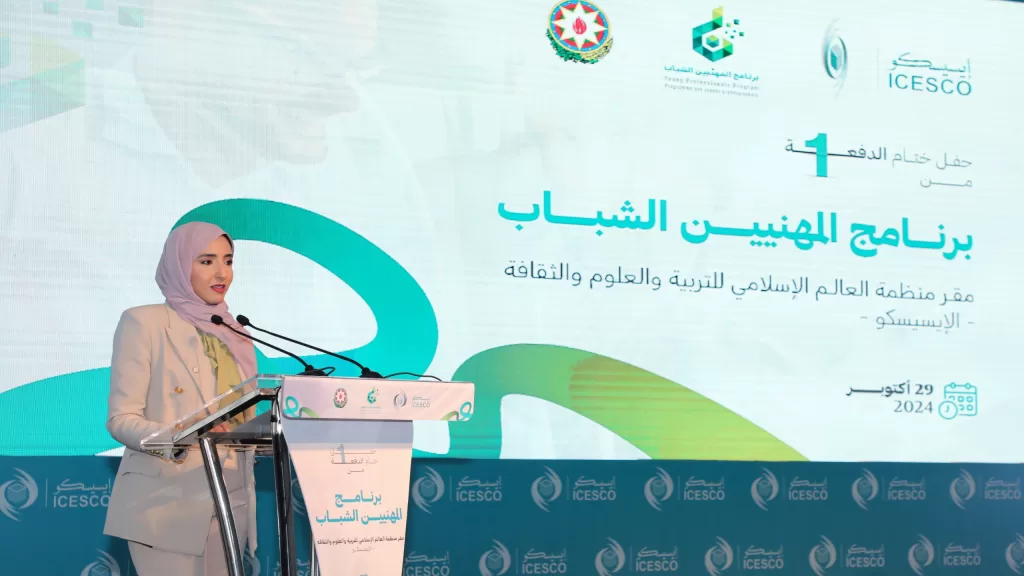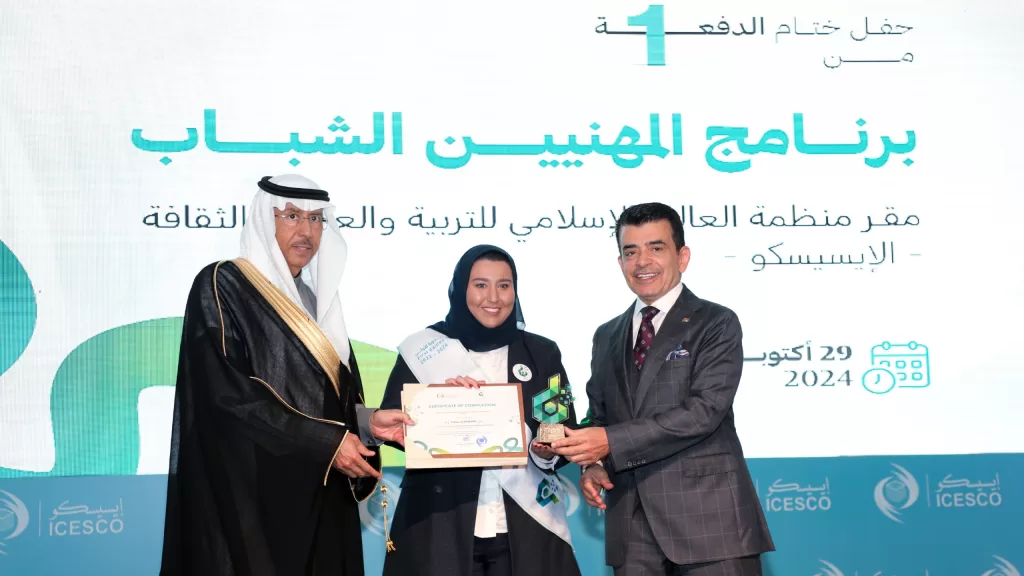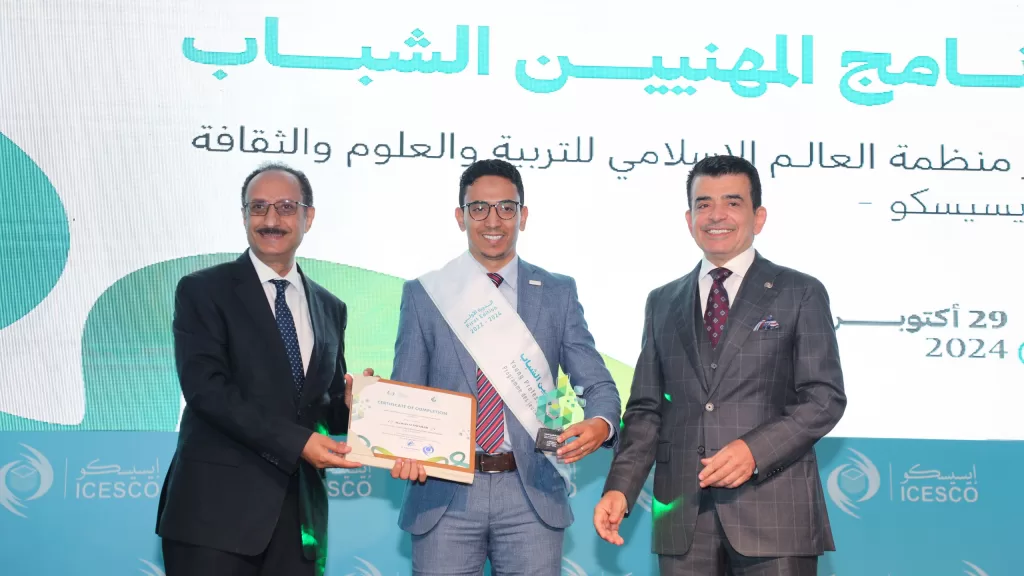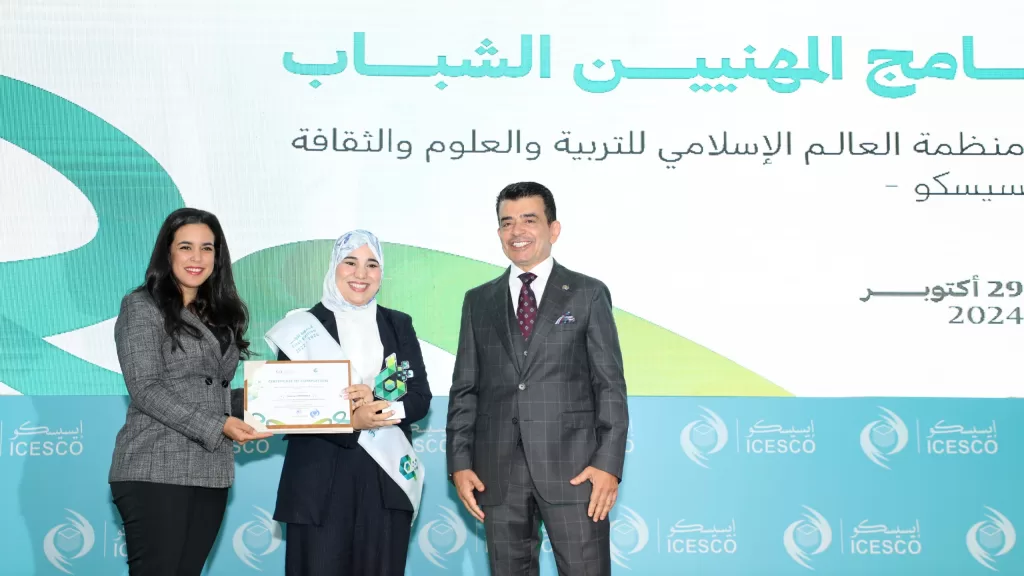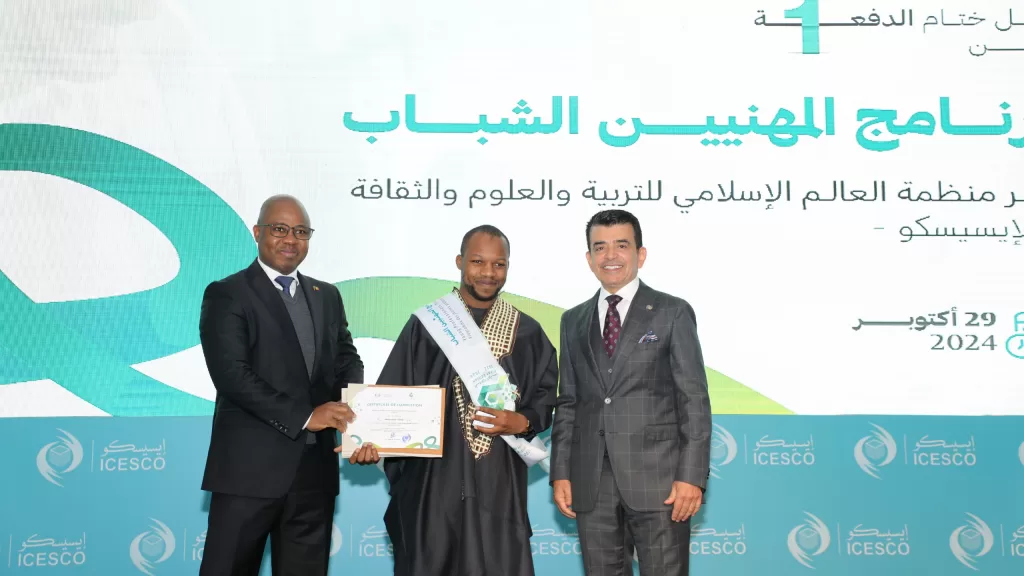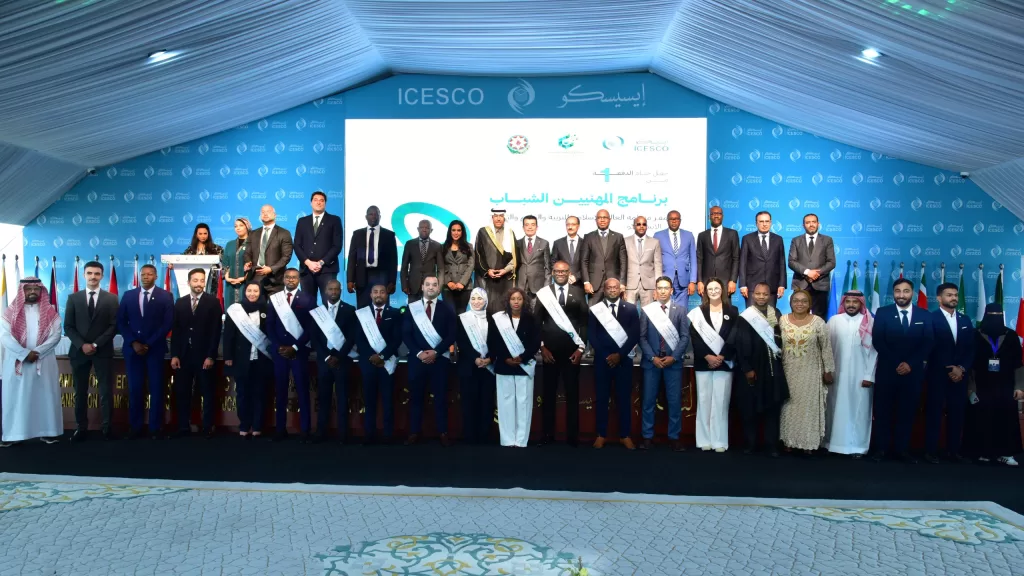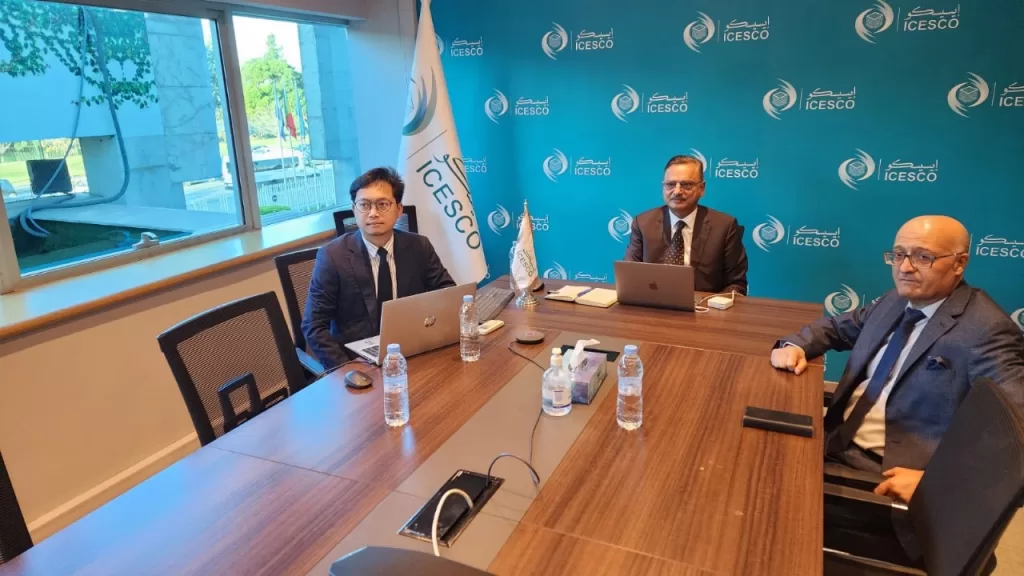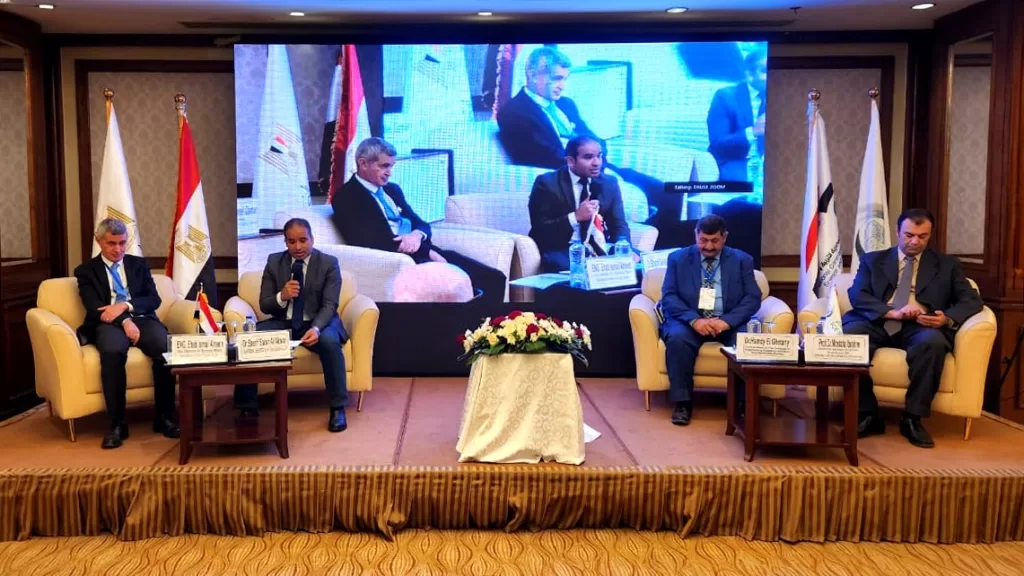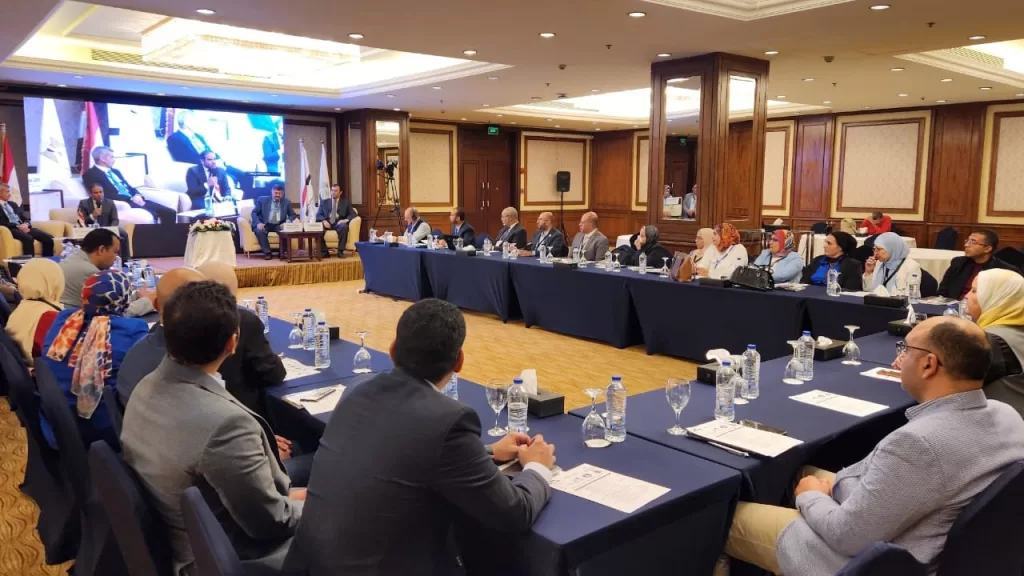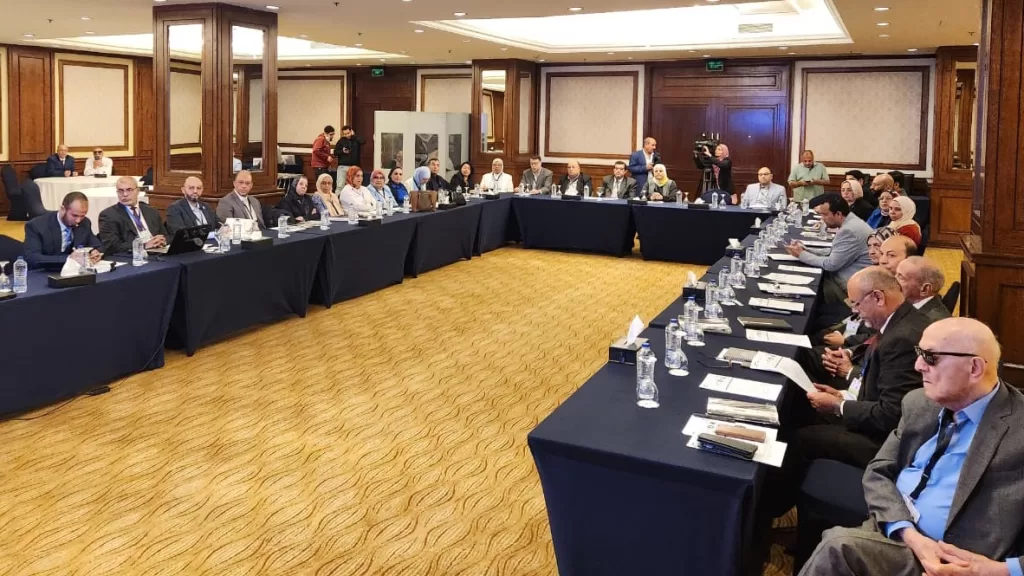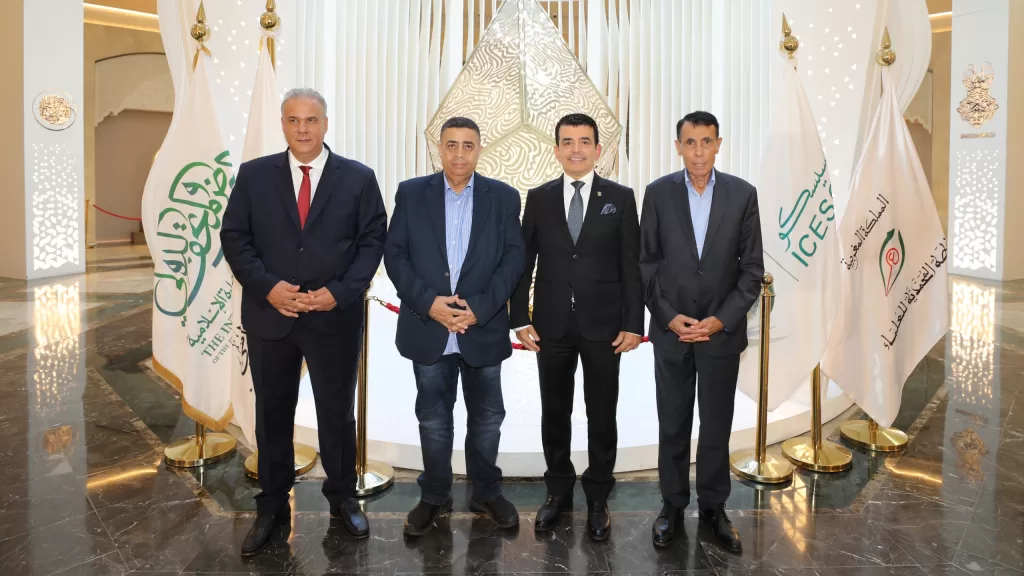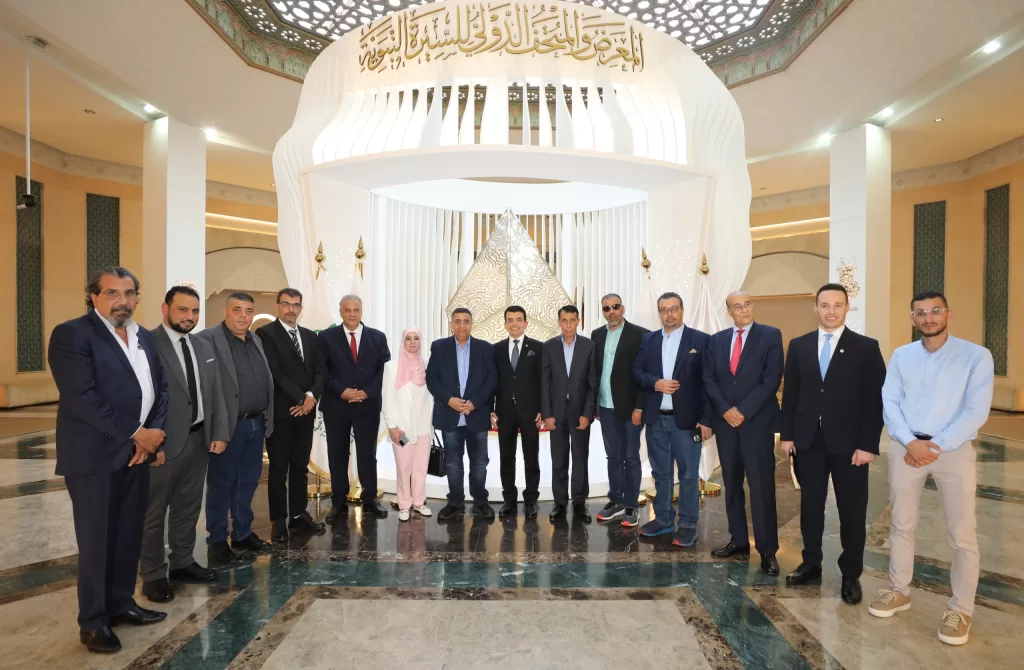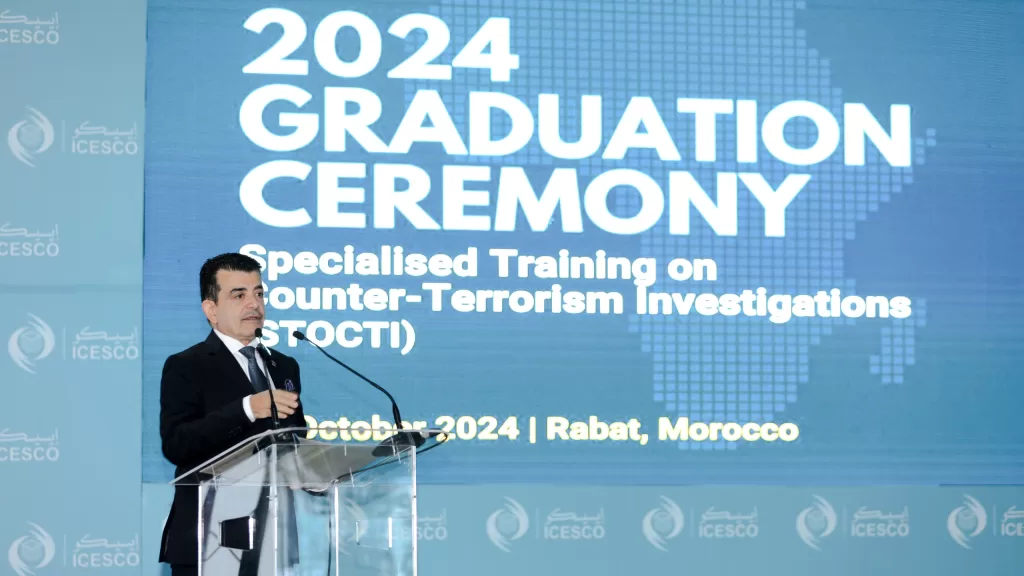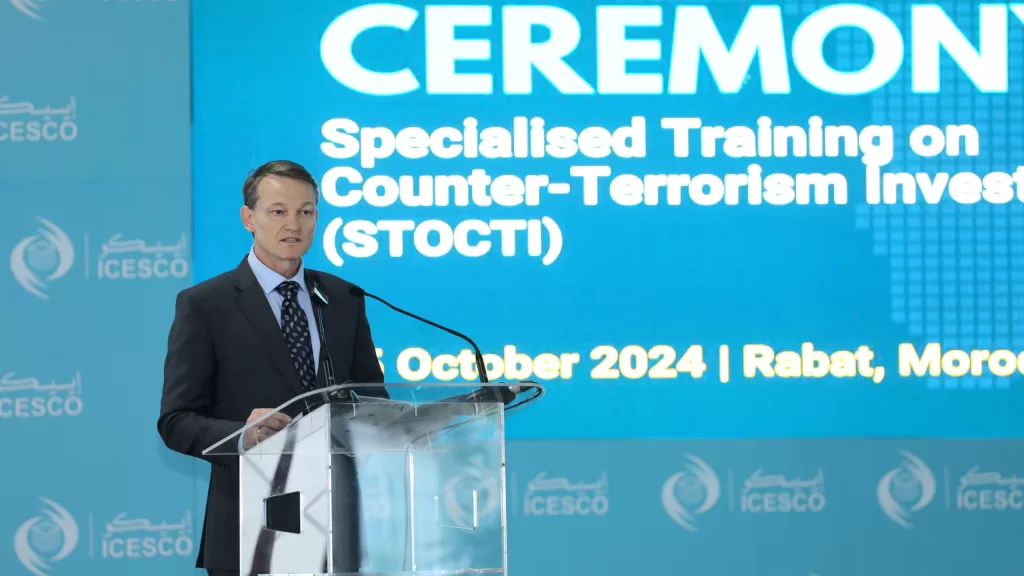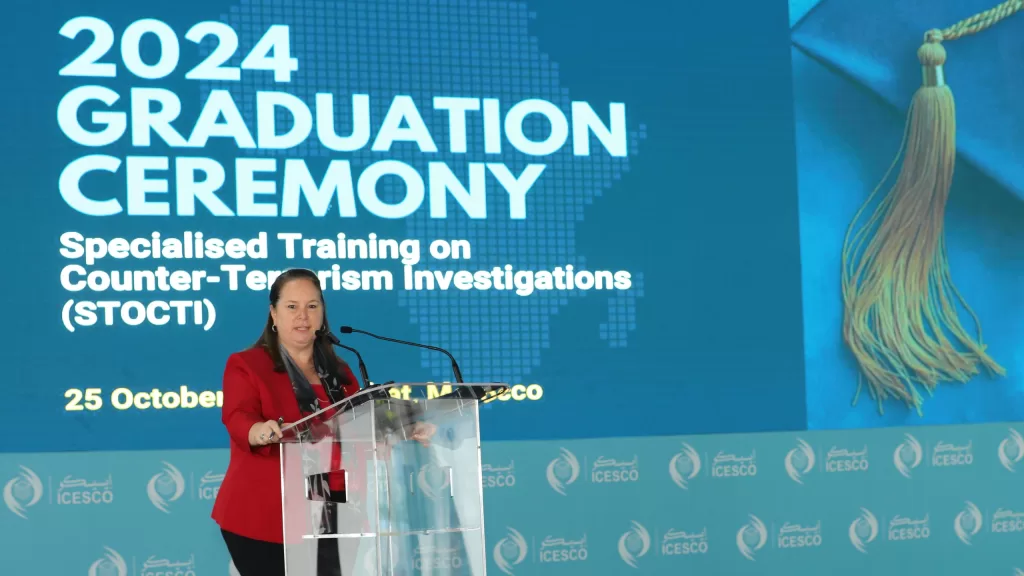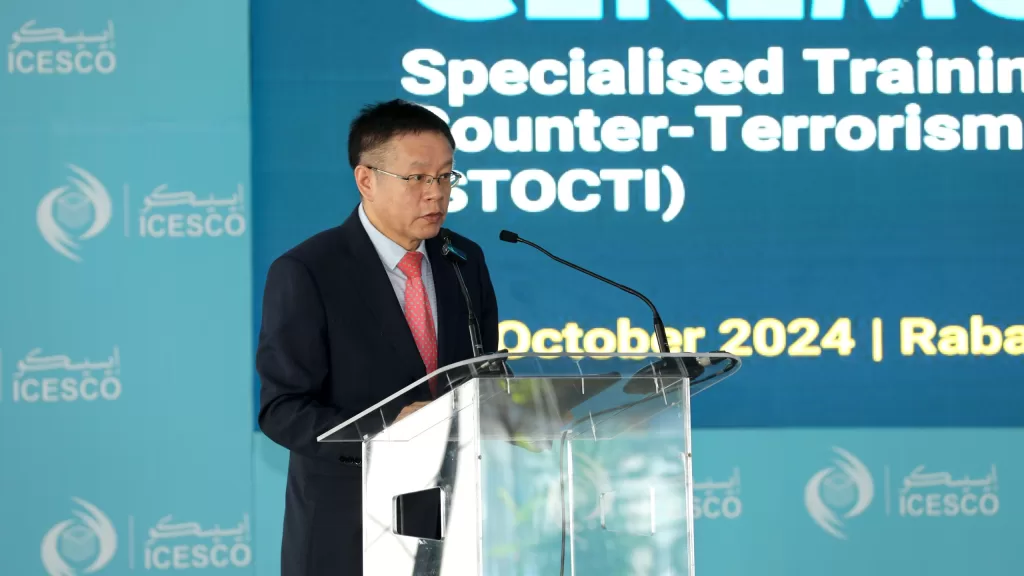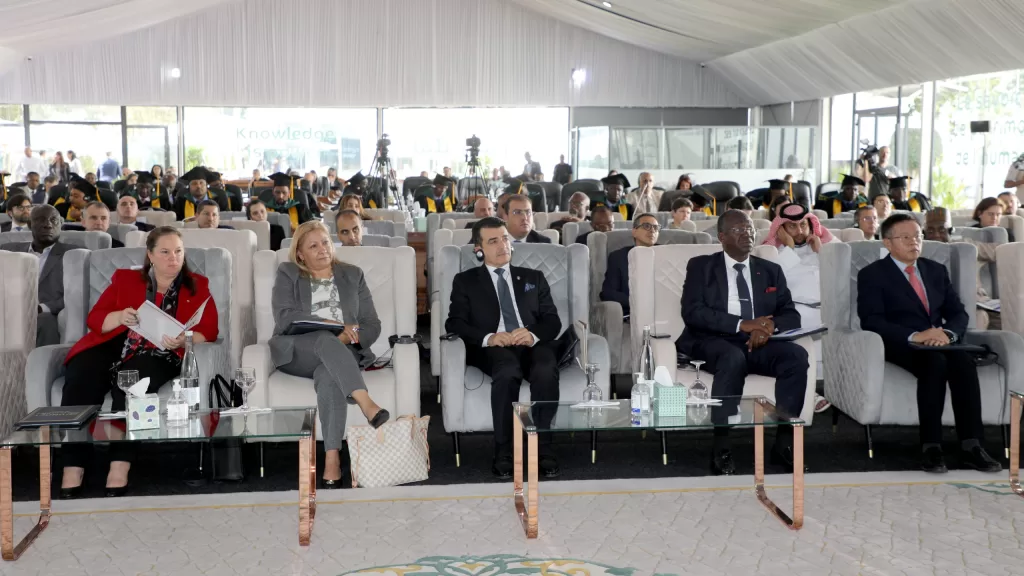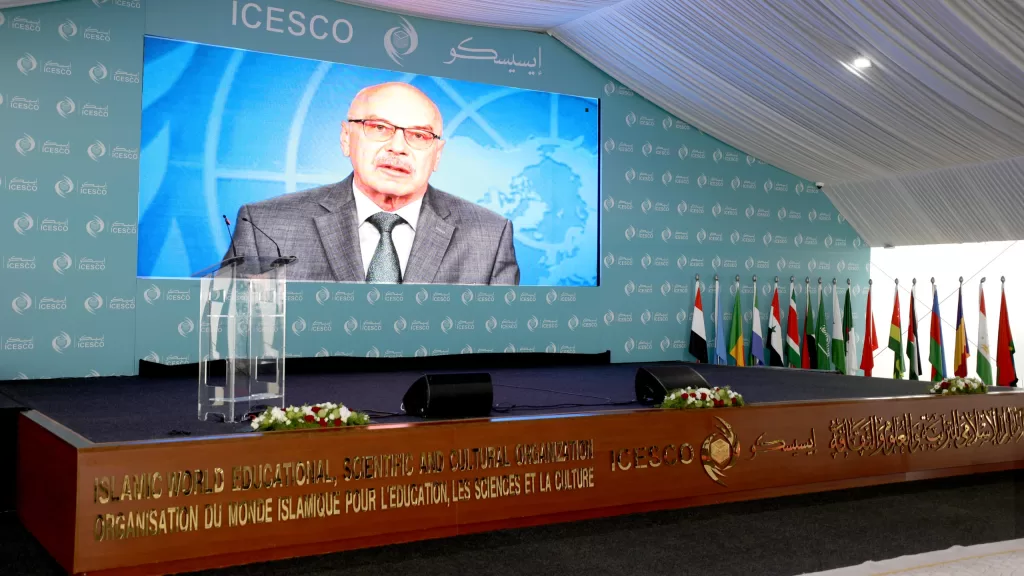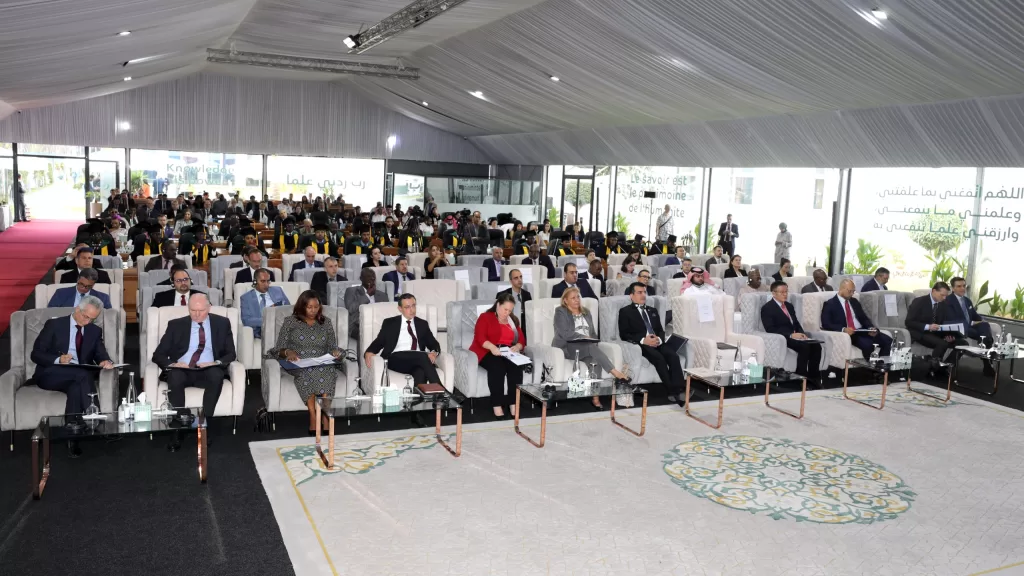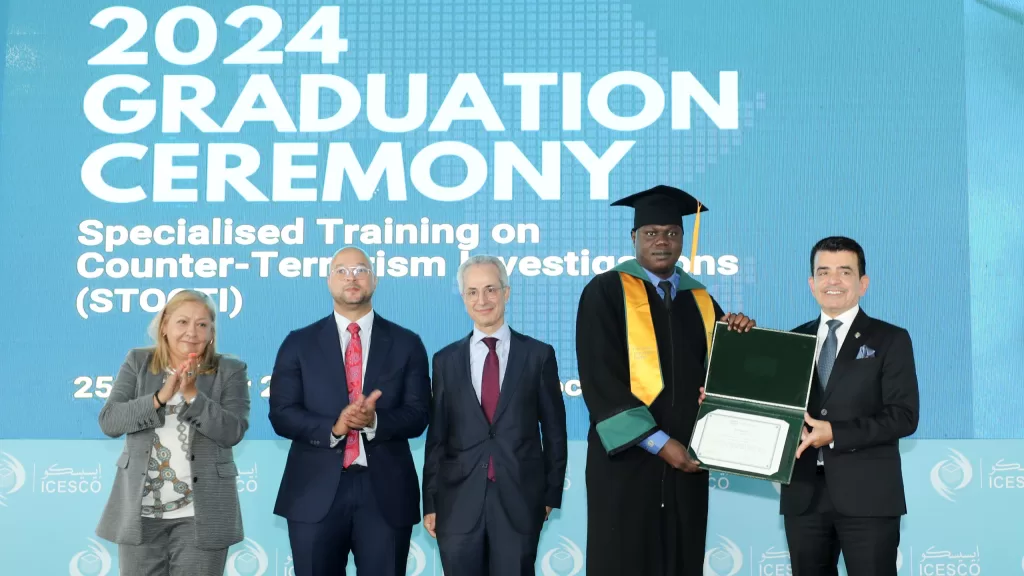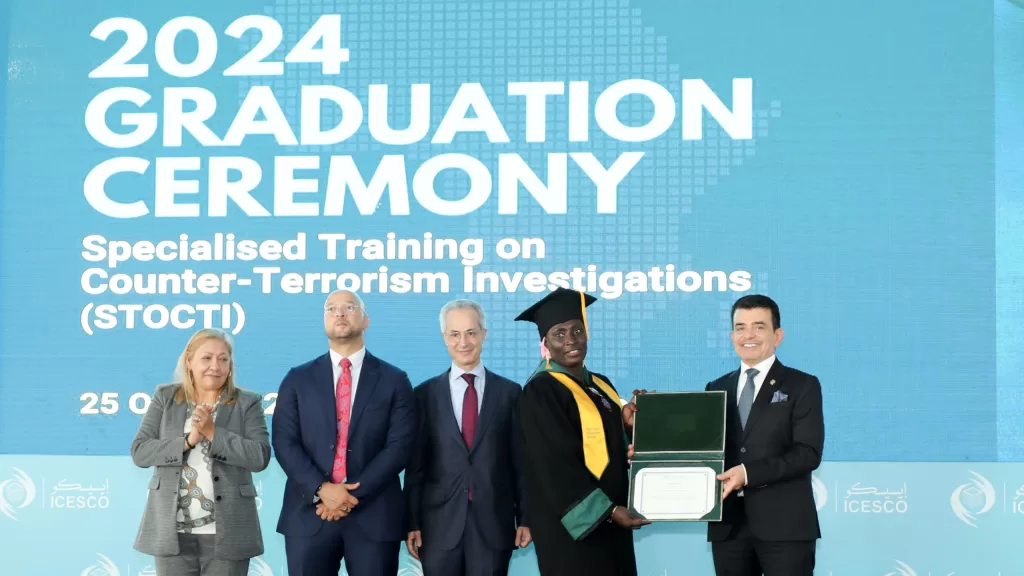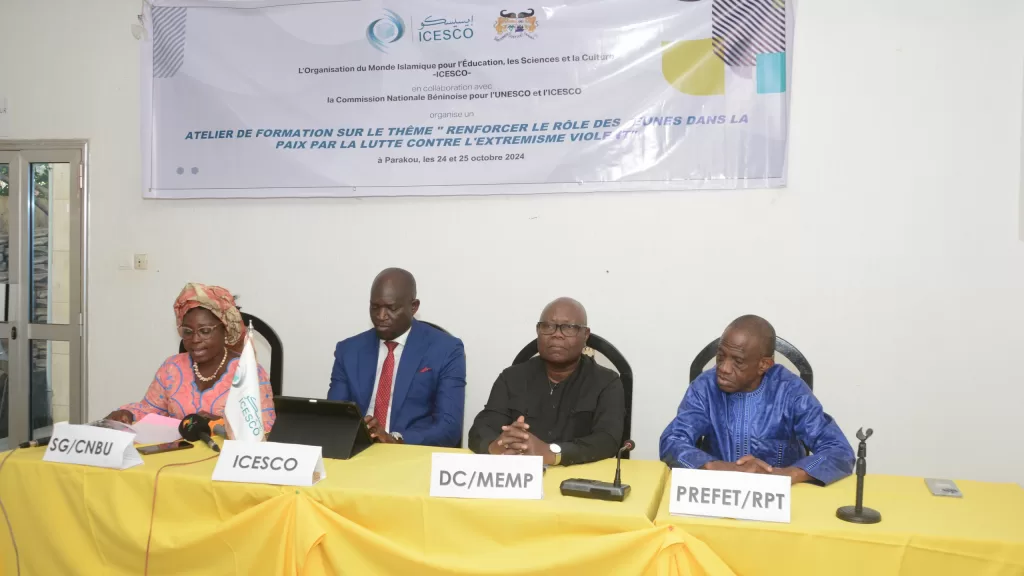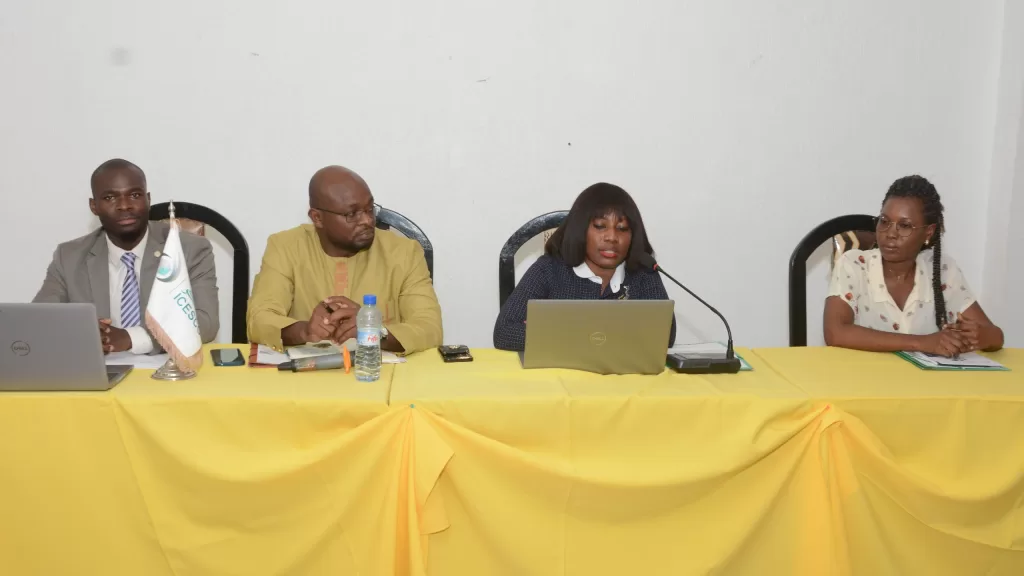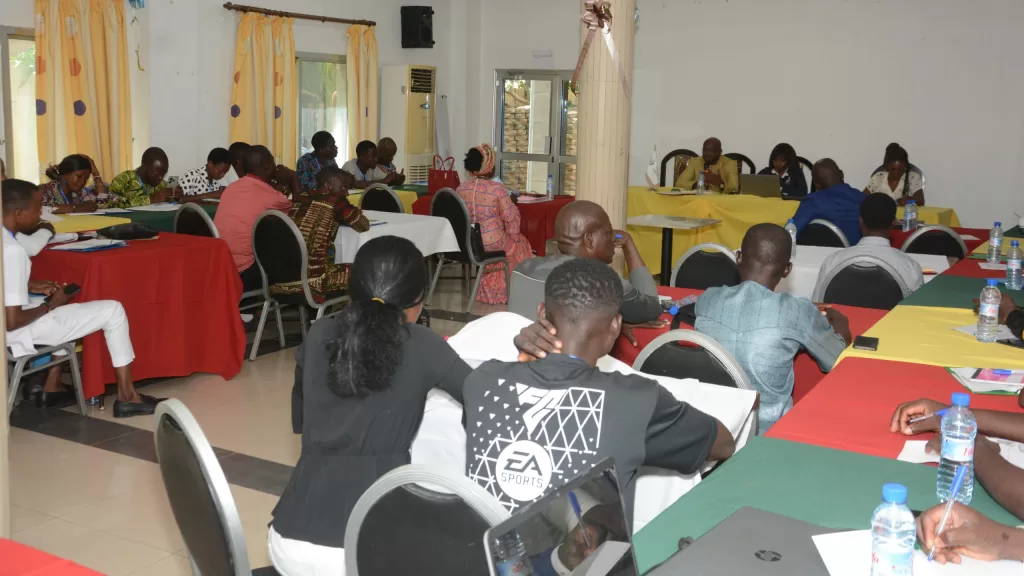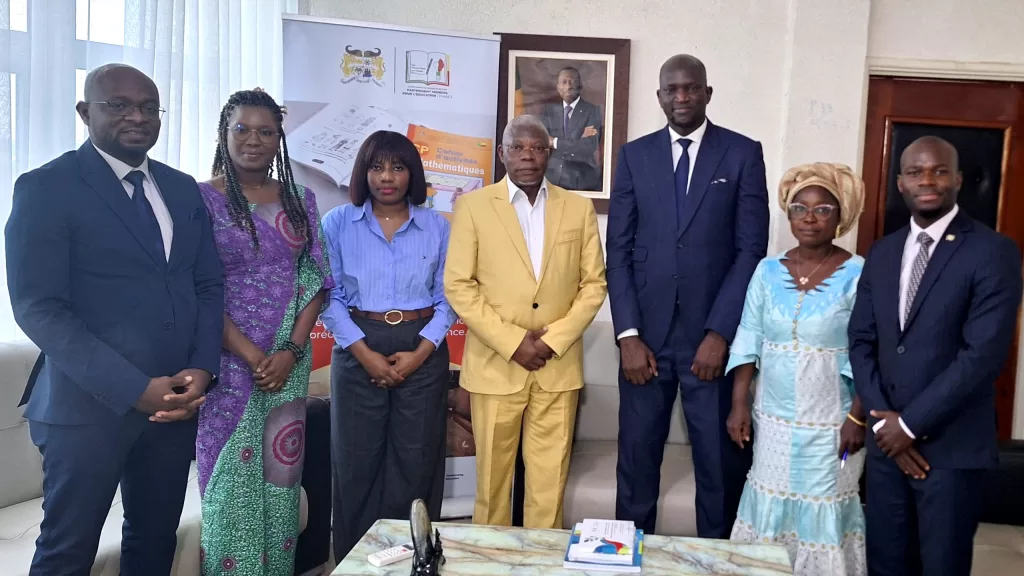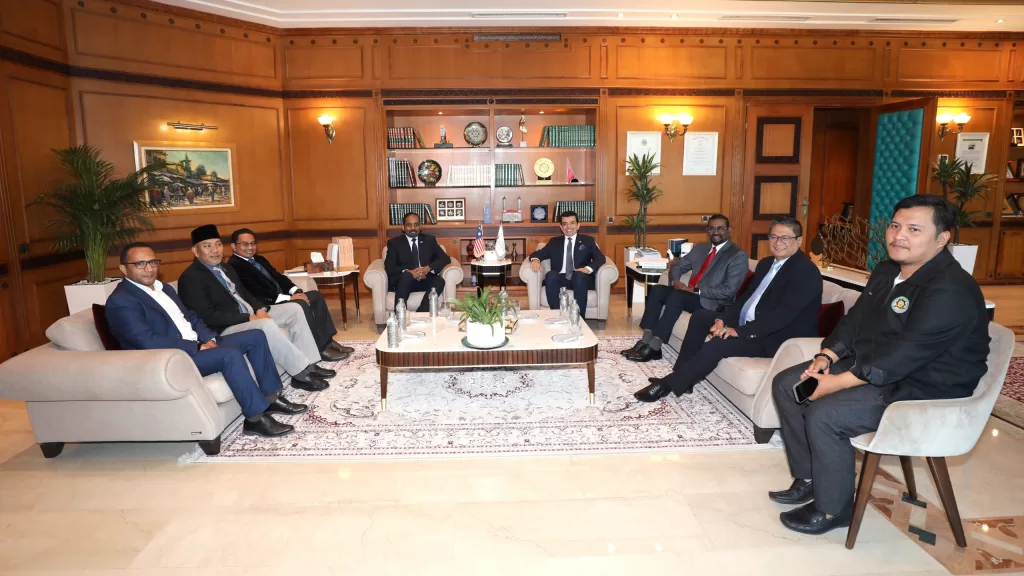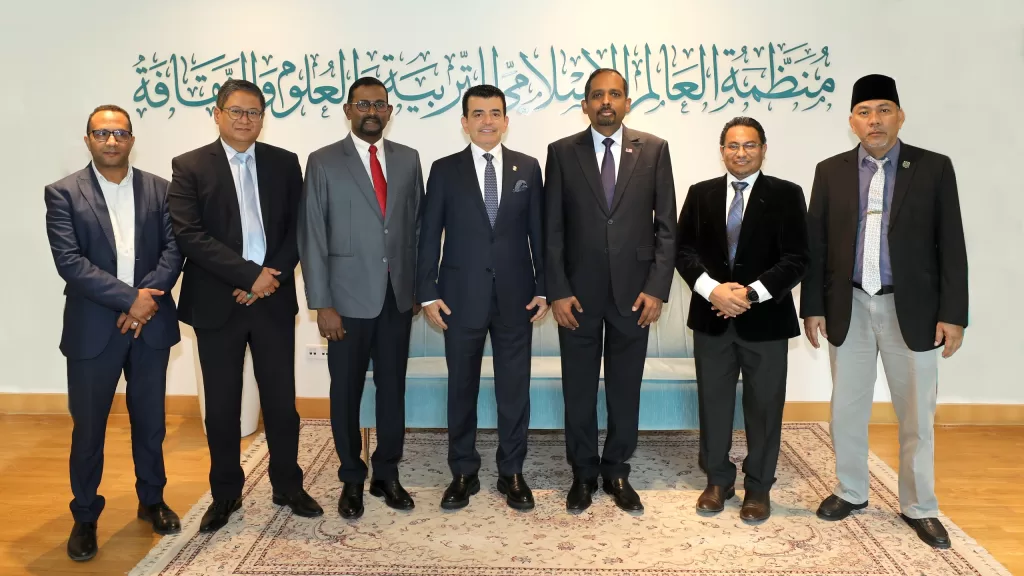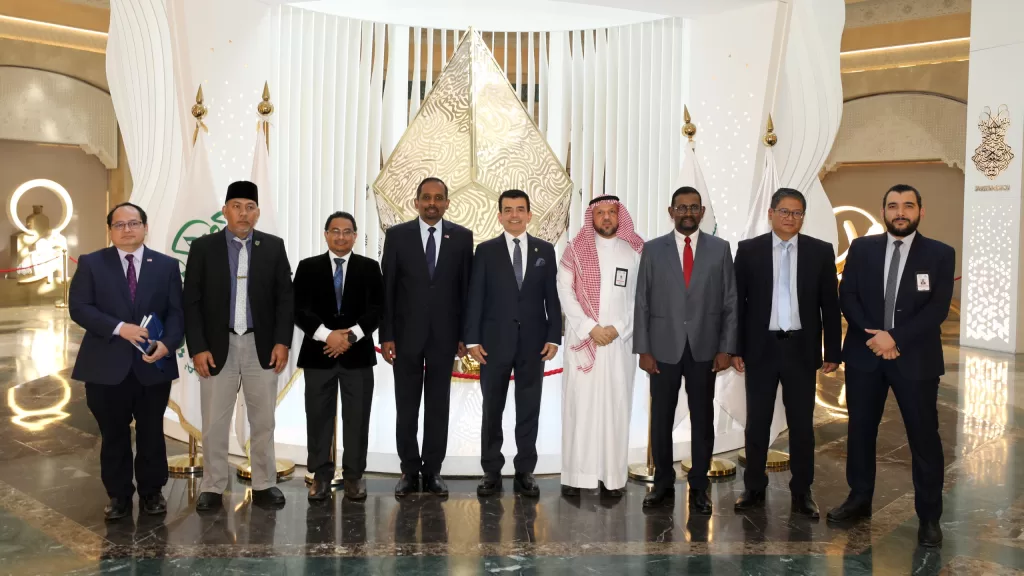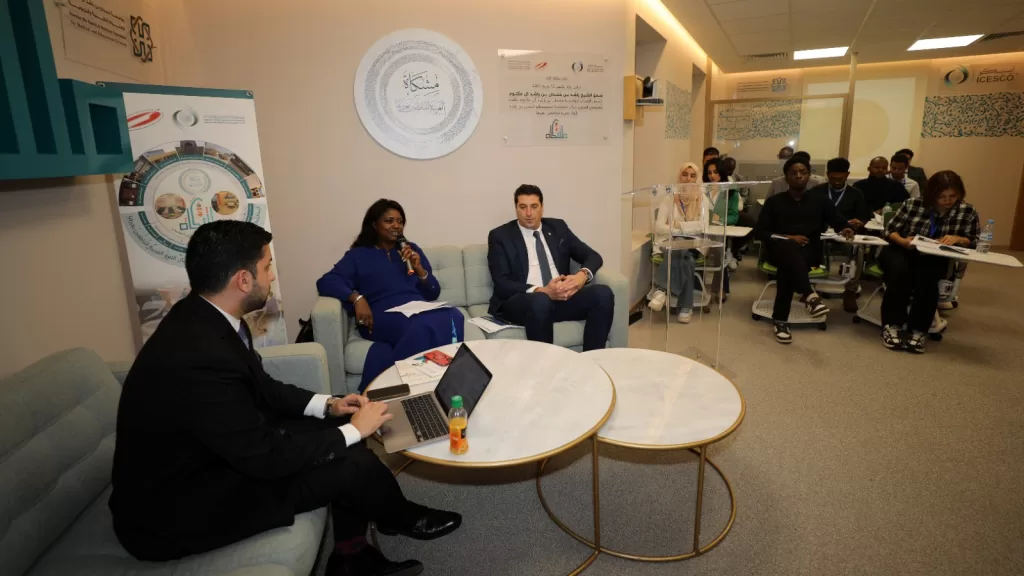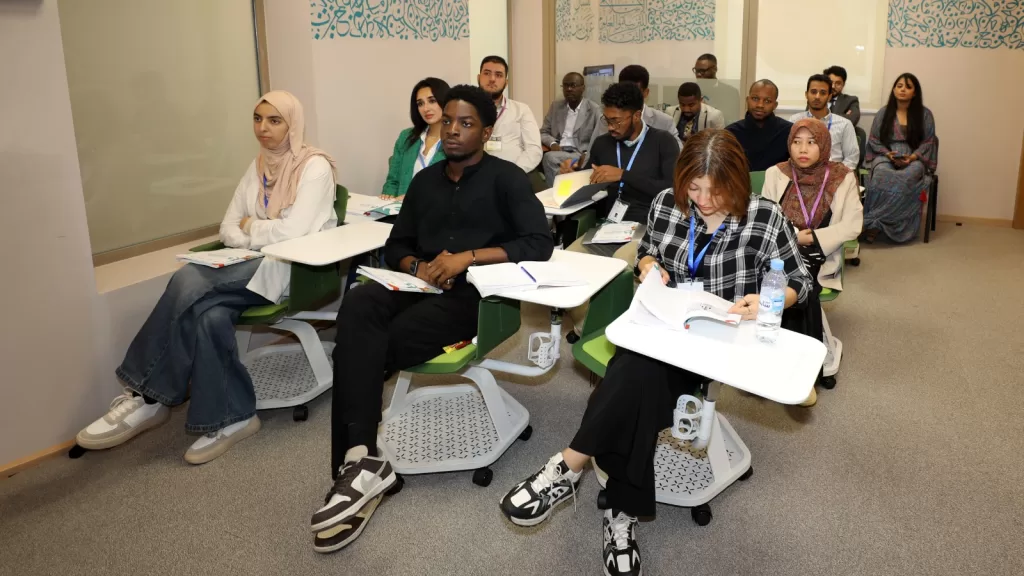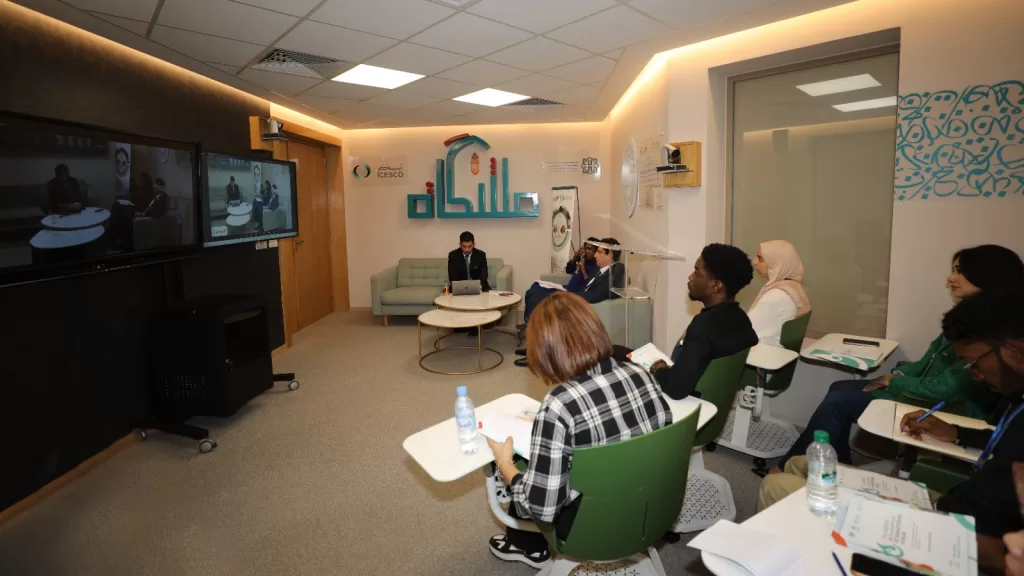The Islamic World Educational, Scientific, and Cultural Organization (ICESCO) invites researchers, specialists, and postgraduate students to contribute research papers on one of five key topics of the first International Conference on “Language Skills in Teaching Arabic for Non-Arabic Speakers: Current Challenges and Development Prospects.” The Conference will be held in partnership with the Theology Faculty at Bursa Uludağ University, Turkey, on 3-4 February 2025.
The submissions should address one of the Conference’s main topics:
• Challenges in teaching language skills;
• Analysis of language skills in Arabic textbooks for Non-Arabic speakers;
• Effective strategies for teaching and learning language skills;
• Language skills assessment;
• Modern techniques in teaching language skills.
To participate, applicants are requested to submit abstracts to arapcasempozyumu@uludag.edu.tr, by 15 November 2024. Approved abstracts will be announced on 20 November, and full-papers are due by 1 January 2025. The announcement of approved full-papers will be on 10 January. Additional conference details can be found on the Conference’s website accessible via, https://uludag.edu.tr/arapcasempozyumu.
Submitted papers must adhere to the following requirements:
• The research must be original and not previously presented at any conference, symposium, or published in an academic journal;
• Research should adhere to scientific methodology standards, demonstrating originality and rigorous analysis;
• Submissions must be free of grammatical, rhetorical, spelling, and typos;
• Preference will be given to papers based on real-life issues and offering practical solutions;
• Submissions should be written in either Arabic or Turkish;
• Authors of approved abstracts must adhere to the Conference’s publication guidelines as stipulated by the scientific committee and make necessary revisions after submission;
• The scientific committee reserves the right to reject any abstract or paper without justifying it.
The Conference’s scientific review committee will evaluate all submissions to select papers eligible for participation at the Conference in February 2025. Accepted papers will be published in a volume with an international ISBN under the auspices of ICESCO.



